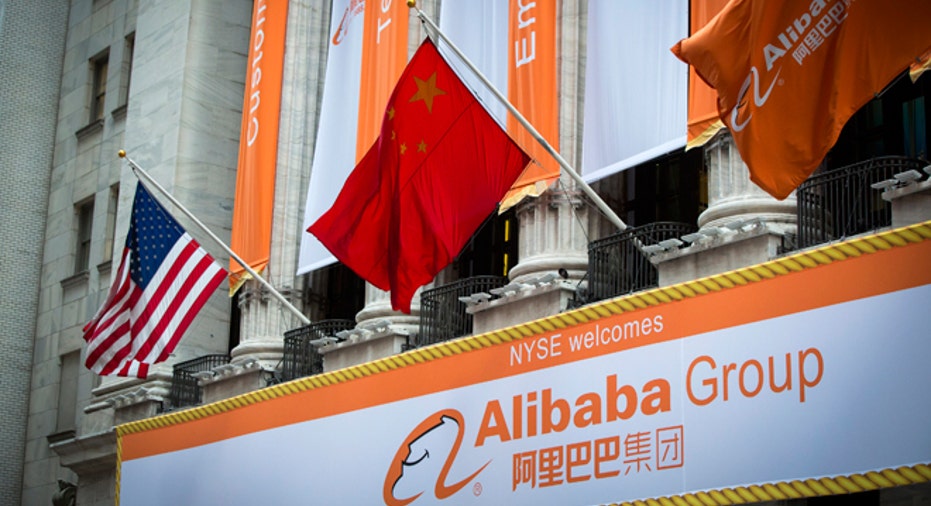Did Retail Investors Get a Bad Deal with Alibaba?

Retail investors who bought into Alibaba (NYSE:BABA) on Friday after shares of the Chinese e-commerce company debuted on the New York Stock Exchange are already at a loss. But if they were looking to make a quick buck, they were warned.
FOXBusiness.com predicted the shares might surge after hitting the open market and then tumble as some investors -- mostly institutional investors who got in at the IPO price -- sold their shares at a considerable profit.
After pricing the offering at $68, the first day of trading saw shares reach $99, before closing the day at $93.89. Investors who bought at the offering price saw 38% gains, but those who bought at the opening trade of $92.70 were just up about 1%.
And by Tuesday, shares were trading below $87, meaning that investors who bought Alibaba on the first day of trading already saw their stock lose value.
So who got access at $68?
In typical IPO fashion, other than the shares reserved for “friends and family,” the majority of the allocation goes to select institutional investors, including hedge funds. The bank underwriters try to determine which investors are least likely to “flip” the stock, in order to keep the price stable.
There is also a bit of trading favors taking place. Preference is often given to investors who regularly participate in IPOs. Some large institutional investors purchase shares with lukewarm enthusiasm, in order to gain access to future opportunities. Loyal clients at the underwriting banks, including high-net worth investors, are also invited to join in on some offerings.
The current process “represents the bastion of elitism."
And then there are the majority of investors -- also known as retail customers -- who are most vulnerable to a potential price decline and rapid price movements that can come after IPOs hit the market. That’s because they are only granted access to these offerings after shares are freed to trade and prices rise as they did with Alibaba. For example, those who buy at the opening price on trading day are missing out on some big returns. In fact, the average first-day gain in the U.S. this year has been just .6%, according to Dealogic, whereas investors who buy at the offering price typically see gains of 14% on day one.
Sam Hamadeh, CEO of private capital research firm Privco, who used to be involved in the underwriting process at Goldman Sachs (NYSE:GS), recommends that investors without access to the IPO share price, wait until the six month lock-up expiration, after employees and other insiders sell more shares.
Kathleen Smith, principal at IPO ETF manager, Renaissance Capital, thinks investors should be "very cautious" about investing in small IPOs on day one. She recommends that investors reduce risk by buying an ETF, like the one that Renaissance Capital manages.
Organizations like Loyal3 have the stated goal of trying to democratize the IPO process, providing access to consumers in offerings like AMC (NASDAQ:AMCX) and GoPro (NASDAQ:GPRO). The brokerage claims that brand loyalty results in less share flipping.
Barry Schneider, CEO at Loyal3 says that the current process “represents the bastion of elitism."
Ultimately, the current system remains controversial, with banks maintaining that the process is necessary to orchestrate a successful offering, while others view it as an injustice to ordinary investors.
"We believe in a level playing field, and work with issuers to provide IPO access to small investors at the same price as Wall Street," Schneider says.



















